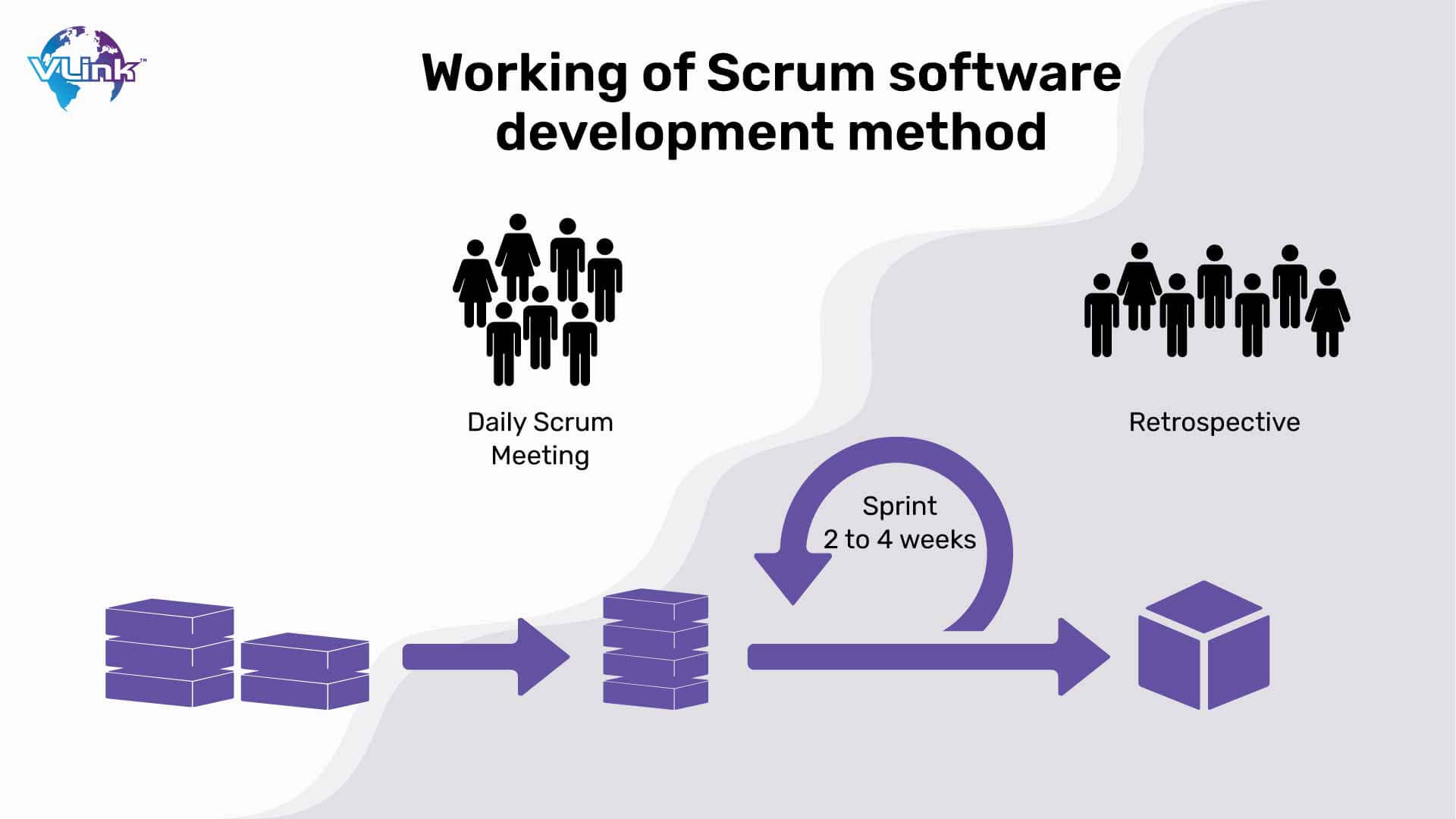Pulse of Information
Your source for the latest insights and updates.
Debugging Your Way to Greatness
Unleash your potential! Discover expert tips and tricks to master debugging and transform your skills from novice to greatness.
Common Debugging Techniques Every Developer Should Know
Debugging is an essential skill for every developer, and knowing various techniques can significantly enhance your productivity. One common technique is print debugging, which involves inserting print statements throughout your code to monitor the flow of execution and the values of variables at critical points. This method can quickly highlight where things go awry. Another useful technique is using a debugger, a tool that allows you to set breakpoints, step through code, and inspect variable states in real-time. Familiarizing yourself with the features of a debugger can drastically reduce the time it takes to pinpoint issues.
Additionally, rubber duck debugging is a popular method that involves explaining your code or problem to an inanimate object, like a rubber duck. This technique can help clarify your thought process and often leads to the discovery of errors you might have overlooked. Code reviews are another effective technique, where collaborating with a peer can provide fresh perspectives on the problem at hand. Implementing these techniques not only improves your debugging skills but also enhances your overall coding proficiency.

How Debugging Improves Your Coding Skills
Debugging is an essential skill in the realm of programming that significantly enhances your overall coding abilities. By consistently engaging in the process of troubleshooting your code, you become more adept at identifying patterns and understanding the intricacies of programming languages. This iterative process teaches you how to decompose complex problems into manageable parts, leading to improved logical thinking. As you encounter and resolve various errors, you develop a robust toolkit of strategies and methodologies that can be employed in future coding tasks.
Moreover, debugging fosters resilience and perseverance, two qualities vital for any successful coder. Each time you spend hours untangling a stubborn bug, you not only sharpen your analytical skills but also cultivate patience in solving problems. As a result, you grow more confident in your abilities. In addition, the experience of debugging encourages you to write cleaner, more efficient code by making you aware of potential pitfalls. This self-reflective process ultimately empowers you to produce higher-quality work that stands the test of time.
5 Essential Tools for Effective Debugging
Debugging is an essential part of the software development process, and having the right tools can significantly enhance your efficiency. Here are 5 essential tools for effective debugging that every developer should consider integrating into their workflow:
- Debugger: This is a critical tool for tracking down bugs in your code. Integrated Development Environments (IDEs) like Visual Studio or Eclipse offer built-in debuggers that allow you to step through your code, inspect variables, and analyze control flow.
- Logging Frameworks: Effective logging can provide insight into what is happening in your application. Tools like Log4j or Winston allow you to capture runtime information that can help in diagnosing issues.
Additionally, this list continues with tools that complement your debugging efforts. Unit Testing Frameworks such as JUnit or NUnit can help ensure your code works as intended by allowing you to write tests that confirm functionality before bugs are introduced. Static Code Analyzers like SonarQube can help identify potential problems in your code without executing it, while Profiling Tools monitor performance, helping you pinpoint memory leaks or slow functions.
- Unit Testing Frameworks
- Static Code Analyzers
- Profiling Tools